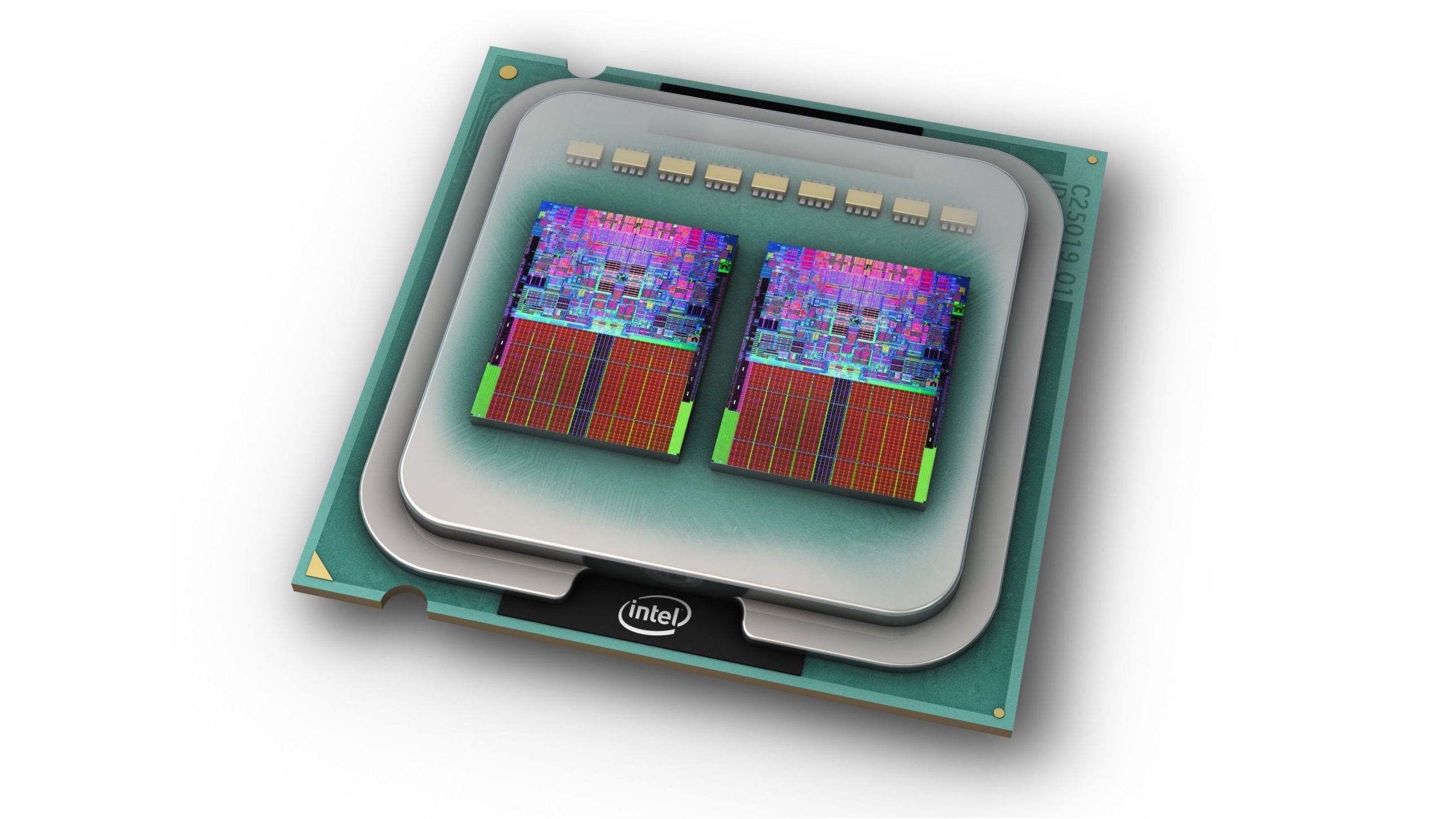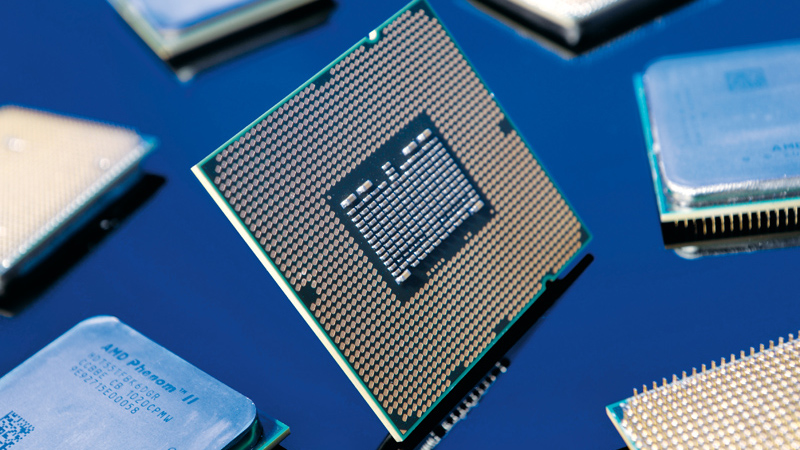Quad-core vs dual-core: what's the best for your laptop?
Jargon explained

Buying a new laptop can be a complex and sometimes confusing experience, and it’s not helped by the hefty amounts of jargon that swirl around the process.
When buying a new laptop you should always look at the specifications to see what kind of hardware the laptop uses, and it’s here that you’ll often see references to dual-core or quad-core processors. But what are they?
Dual-core processors arrived on the scene in 2005, and made a huge impact on computers and laptops. Having a multi-core processor means that computers are able to multitask much better, allowing you to run numerous applications and perform intensive tasks all at the same time.

It’s a bit like having two (or four) processors at once, but without the extra power requirements. That’s why multi-core processors are such a great fit for laptops, as they allow modern laptops to be even more powerful while remaining thin, light and with good battery life.
So, the more cores the processor has, the better it is at multitasking, and the more powerful and faster the laptop will be.

Clock speeds
Another specification you’ll see when buying a new laptop or computer is the clock speed of the processor. This is measured in gigahertz (or megahertz for lower-powered or older hardware). Without getting too in-depth and complicated, a processor with a higher clock speed will generally perform better.
However, the faster the clock speed, the more power the processor requires, and the more heat it produces. This means laptops that use processors with faster clock speeds could have shorter battery lives (unless they have bigger batteries, which increases the size of the device), and will need better cooling solutions to keep the processor from overheating (which again can mean a larger laptop, with more fans that produce more noise).
Get daily insight, inspiration and deals in your inbox
Sign up for breaking news, reviews, opinion, top tech deals, and more.

You may also notice that processors with more cores have lower clock speeds. So, what’s better? A high core count or a faster clock speed?
Generally speaking, it depends on what you’re going to use your laptop for. If you’re using it for light use, where you’re just performing one task at a time, such as working on a document or browsing the internet, then you’ll probably find that a laptop with a dual-core processor and a higher clock speed will give you the best performance.
However, if you’re looking to use your laptop for more intensive tasks, as well as multitasking in a number of different applications at once, then a laptop with a quad-core (or higher) processor with a slower clock speed will probably be more beneficial.

Price vs performance
It’s also worth noting that laptops with quad-core processors are usually more expensive than laptops with dual-core processors. This is an important aspect to consider, because you don’t want to spend money on a level of power that you won’t use. At the same time, you don’t want to settle for a laptop that won’t be powerful enough for your needs.
Striking the right balance between price and performance is essential, then. If you’re after a budget laptop for light day-to-day tasks, then a dual-core laptop will be fine. If you want to play, record and stream games, or work in multiple applications at once, then a quad-core, or higher, laptop will be a worthwhile investment.

Should you go higher than quad-core?
While laptops with dual or quad-core processors are very popular, there are an increasing number of high-end laptops with hexa (six) and octa (eight) core processors.
These laptops provide even better multitasking performance compared to dual- and quad-core laptops, but they also come with higher prices. You’ll unlikely find a hexa- or octa-core processor in a budget laptop. Instead, they are reserved for more expensive premium laptops.
You should also consider whether or not you need that level of power. For most people running regular tasks on their laptops, then this will be overkill. However, if you really want to future-proof your laptop, and you have the budget, then going for a laptop with a very high core count processor should be a consideration.

Matt is TechRadar's Managing Editor for Core Tech, looking after computing and mobile technology. Having written for a number of publications such as PC Plus, PC Format, T3 and Linux Format, there's no aspect of technology that Matt isn't passionate about, especially computing and PC gaming. He’s personally reviewed and used most of the laptops in our best laptops guide - and since joining TechRadar in 2014, he's reviewed over 250 laptops and computing accessories personally.